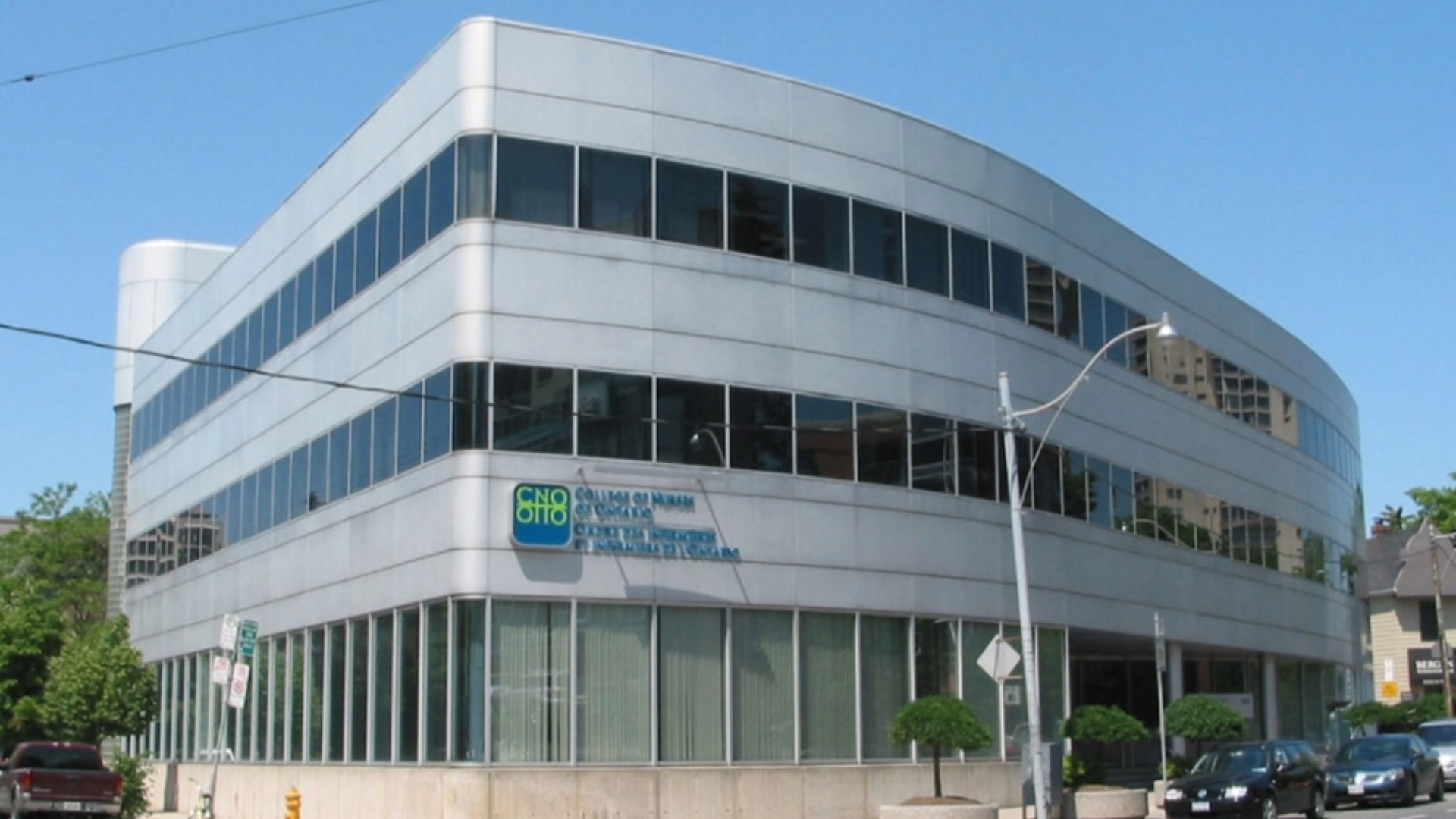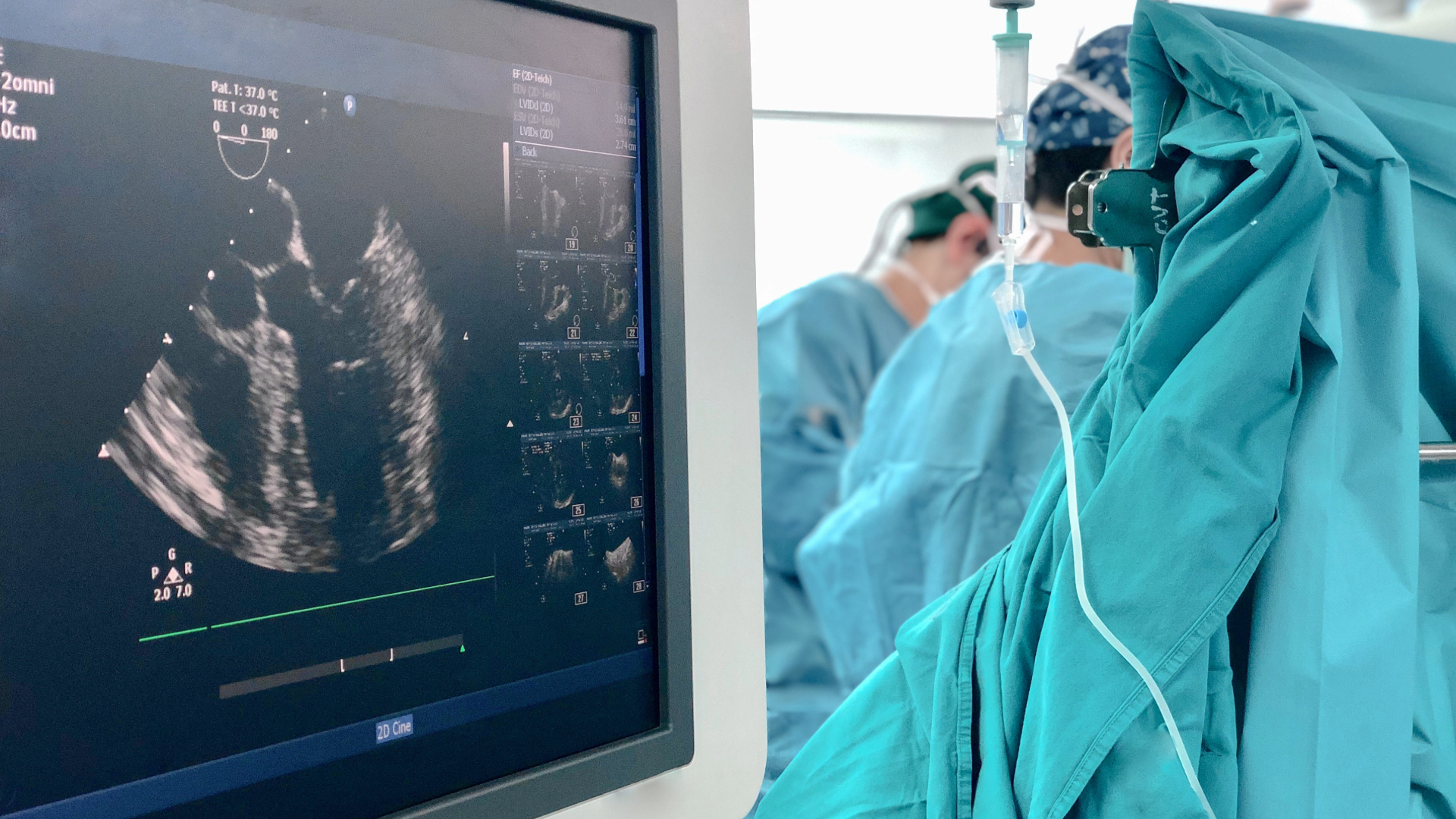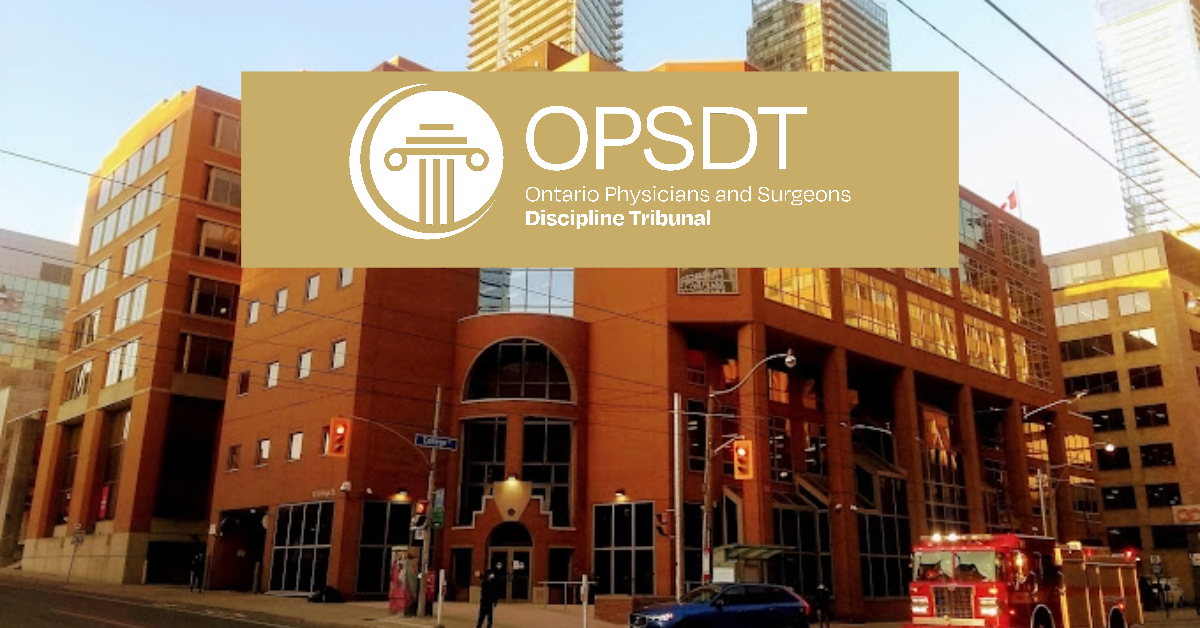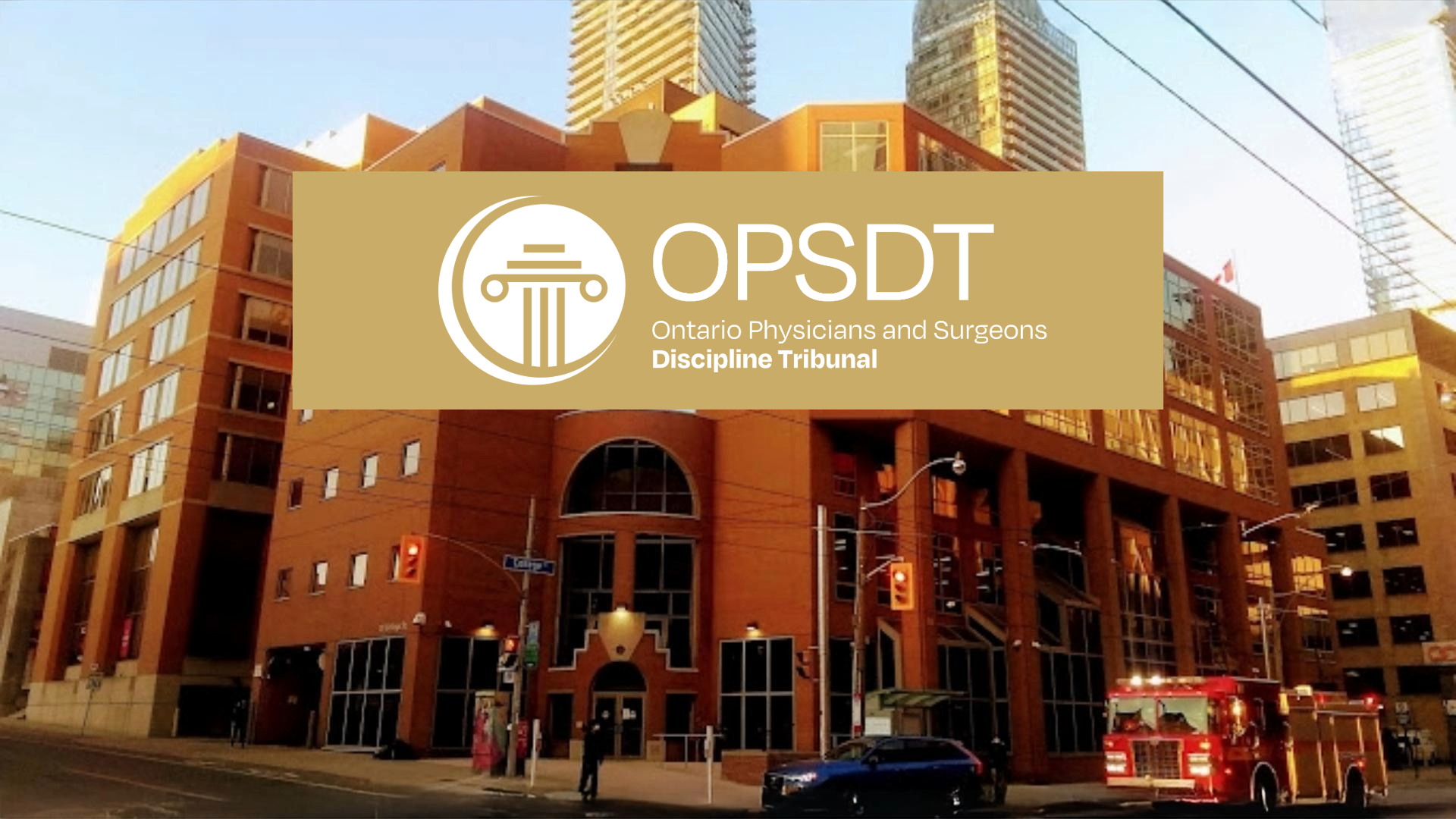
Nurse Alters Morphine Record, Patient Dies: CNO Orders Permanent Resignation
A Profound Breach of Trust in End-of-Life Care In CNO v. Lindsey Coyle, the Discipline Committee of the College of Nurses of Ontario addressed one

On December 20, 2024, the Court of King’s Bench of Alberta dismissed a medical malpractice claim brought by the family of a 51 year-old woman who died 10 days after admission to the University of Alberta Hospital in Edmonton. The patient’s death occurred during a cardiac procedure to address an issue with her mitral heart valve. The trial was focused on the two critical care medicine specialists involved in her care at the material time.
The position of the Plaintiff’s was that these two doctors breached the standard of care in failing to undertake the necessary differential diagnostic approach. More particularly, they did not rule out a cardiogenic cause for the patient’s condition despite multiple symptoms and test results suggesting that possibility. They further alleged that the doctors failed to arrange timely echocardiogram testing necessary to properly exercise their clinical judgment. They claimed that the negligence of these doctors caused the death of the patient.
The Defendant physicians argued that they satisfied the standard of care in treating the patient. They argued that the patient’s clinical presentation and progress in hospital supported a provisional diagnosis of respiratory failure caused by a viral illness. They continued to consider the possibility of a mitral valve issue. However, further echocardiograms were not immediately required until the patient suddenly declined approximately 8 days after admission. At that time, they were no longer the physicians responsible for her treatment. The Defendants also argued that their conduct, even if culpable, did not cause the patient’s death.
Despite finding substandard care with respect to a failure to order a follow up cardiac investigation, the trial judge was not satisfied that this omission was causative to the patient’s unfortunate demise. The claim was therefore dismissed.
In December 2014, Ms. Liu came into the emergency department with severe respiratory distress. It quickly became apparent she had potential heart failure and a lung infection, confirmed by the presence of Human Coronavirus NL63. Her condition worsened rapidly, suffering a cardiac arrest, and ultimately requiring ECMO support and a tracheostomy for continued ventilation. Although there was slight improvement, her heart issues, including severe mitral regurgitation, presented too high a risk for surgical intervention. Sadly, Ms. Liu succumbed to her deteriorating condition, with endocarditis, cardiogenic shock and pneumonia listed as her final diagnoses.
The two issues decided in this lawsuit were standard of care and causation. Damages were settled prior to trial.
Dr. Daniel Ovakim is a medical doctor specialized in critical care. He was qualified to provide opinion evidence on the issue of standard of care and causation. He is also an accredited (and practicing) clinical pharmacologist and toxicologist. Dr. Ovakim has been practicing as an intensivist in Victoria, British Columbia since 2012. He practices 20-24 cumulative weeks per year. Dr. Ovakim lectures University of Victoria medical students on critical care issues and oversees both students and residents during their critical care rotation. He is a member of various committees focusing on critical care issues.
Dr. Lorne Finkelstein was qualified to provide opinion evidence on the issue of causation. He practiced clinical cardiology full time from 1977–2017. He was affiliated with a McMaster University teaching hospital in Hamilton, Ontario. That hospital (St. Joseph’s) did not conduct heart surgery. His general cardiology practice involved the daily interpretation of about 150 electrocardiograms. He estimated reviewing and reporting on more than 50,000 echocardiography tests during his career. He has considerable experience in managing patients with valvular heart disease and atrial fibrillation.
Dr. Benoit de Varennes provided expert opinion evidence for the Plaintiff on the legal question of causation. Dr. de Varennes was certified as a cardiovascular and thoracic surgeon in 1991. He has practiced almost exclusively as a cardiac surgeon since 1994. Dr. de Varennes’ practice is concentrated at the Royal Victoria Hospital in Montreal, one of five hospitals comprising the McGill University Health Centre. All adult cardiac surgery in the five McGill University hospitals occurs at Royal Victoria Hospital. Dr. de Varennes specialized in valvular surgeries, particularly those involving mitral valve repair, reconstruction or replacement. He also focused on complex aortic valve surgeries. Dr. de Varennes is currently an Associate Professor, Department of Surgery, McGill University. He is also the Director of McGill’s Fellowship Program in Advanced and Complex Cardiac and Valvular Surgery.
Dr. Dean Chittock was qualified to provide opinion evidence on the issue of standard of care and causation. Dr. Chittock was certified as an internal medicine specialist in 1991. Two years later he completed subspecialty training in pulmonary medicine. In 1994 Dr. Chittock was accredited as a critical care medicine specialist. Since 1996 Dr. Chittock has been a practicing critical care specialist in the Intensive Care Unit of the Vancouver General Hospital. This hospital is the provincial referral centre for complex patients and for many specialities – including ECMO. This ICU contains approximately 60 beds. Care responsibilities include cardiac surgery patients experiencing complications. Three intensivists are typically on duty. It is also responsible for cardiac surgery patients experiencing complications. Dr. Chittock is an Associate Professor of medicine at the University of British Columbia. Academic pursuits include his role as a reviewer for the Journal of Critical Care and for the Critical Care Medicine Journal.
Dr. George Christakis is a cardiac and thoracic surgeon. He gave expert opinion evidence for the Defendants on issues of causation. Dr. Christakis was accredited as a cardiac, vascular, and thoracic surgeon in 1989. Since 1990, Dr. Christakis has been a cardiac surgeon at the Sunnybrook Hospital in Toronto, Ontario. During his career as a cardiac surgeon Dr. Christakis focussed on aortic valve surgery. Dr. Christakis estimated he has done at least four or five hundred mitral valve operations in his career. Most of those operations involved patients with endocarditis. Dr. Christakis has lectured at the University of Toronto Surgery Department since 1990. He was appointed in 2004 to his current role as a full professor.
The trial judge determined that both physicians met the standard of care with respect to their differential diagnosis. They promptly addressed critical neurological concerns and acute respiratory distress syndrome with their working diagnosis supported by multiple factors and based on sound judgment, care, and skill. Moreover, their initial treatment of the patient demonstrated a clear understanding of the need for prioritizing life-threatening issues.
However, the court did find that the critical care doctors did not entirely meet the required standard of care as they failed to pursue further echocardiogram testing in a timely fashion. A follow-up transthoracic echocardiogram (TTE) or transesophageal echocardiogram (TEE) should have been ordered soon after the initiation of extracorporeal membrane oxygenation (ECMO), especially since the initial TTE showed signs of moderate mitral regurgitation (MR). Despite the risks and potential poor imaging results cited by the doctors, the trial judge concluded that a diligent intensivist would have conducted a diagnostic TEE while the patient was on VV-ECMO and a TTE within a 24-hour period following the initial TTE results. Thus, both doctors were found to have fallen below the standard of care in this regard.
Despite a finding of a breach of the standard care with respect to the failure to order a timely TTE following the initial results on December 16th, the Plaintiffs could not demonstrate that this omission was a significant cause of the patient’s subsequent demise. The trial judge found that the presence of an acute MR would not have been detected by the proposed further TTE, due to its non-existence at the time.
The court went on to conclude that even in the hypothetical scenario of an early detection, the Plaintiffs were unable to prove that surgical intervention would likely have taken place in a timely manner. Consequently, the Plaintiffs were unable to prove a causal relationship between the lack of a prompt follow up TTE and the unfortunate passing of the patient. The case was therefore dismissed.
Decision Date: December 20, 2024
Jurisdiction: Court of King’s Bench Alberta
Citation: Yang v Freed, 2024 ABKB 763 (CanLII)

A Profound Breach of Trust in End-of-Life Care In CNO v. Lindsey Coyle, the Discipline Committee of the College of Nurses of Ontario addressed one

What College of Physicians and Surgeons of Ontario v. Thirlwell, 2026 ONPSDT 5 Means for Patients and Public Trust In College of Physicians and Surgeons

Estate of Henders v. Lakeridge Health Oshawa, 2026 ONSC 701 In a significant decision for medical malpractice and long-term care litigation in Ontario, the Superior

What CPSO v. Faruqi Means for Patients and Physicians On January 21, 2026, the Ontario Physicians and Surgeons Discipline Tribunal released an important decision addressing